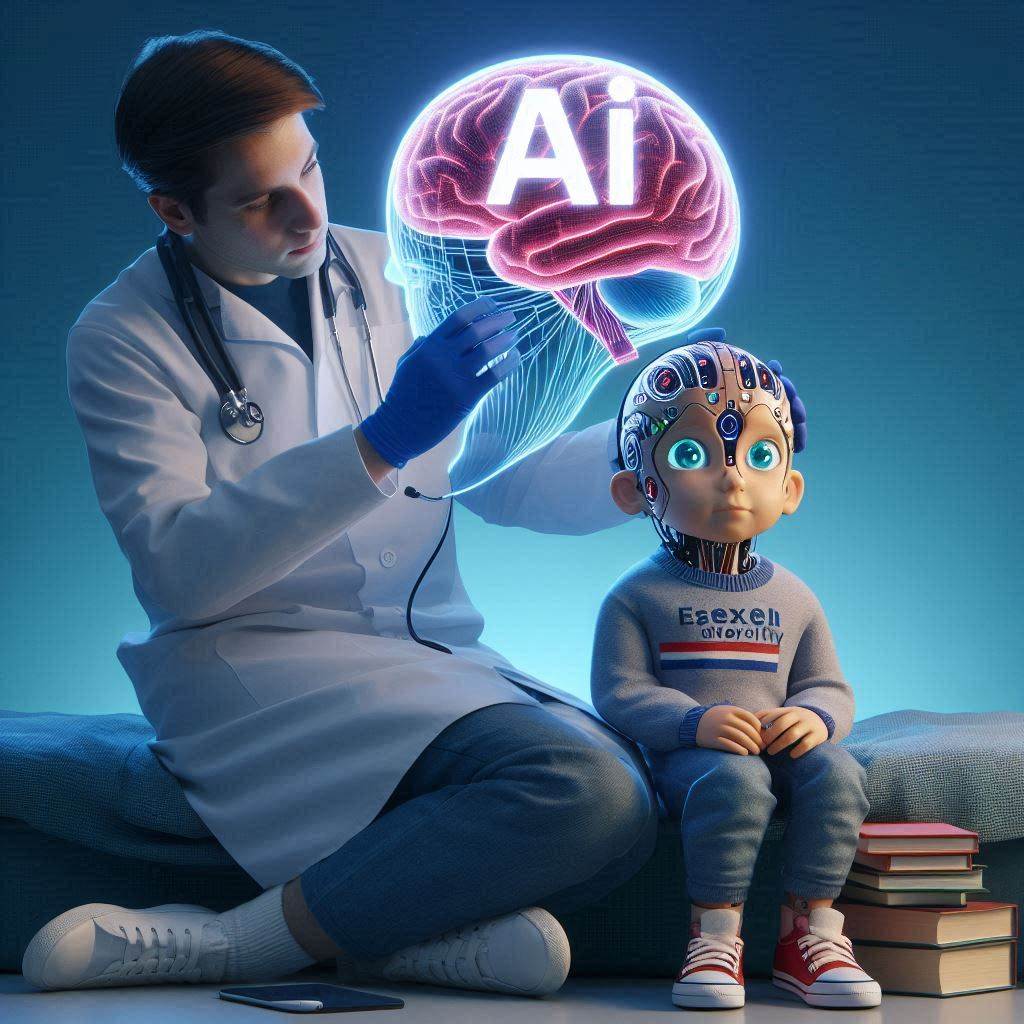
A groundbreaking study led by the University of Essex has shed light on the profound impact of childhood trauma on brain development, offering hope for survivors through potential new treatments.
Utilizing artificial intelligence (AI), researchers re-evaluated hundreds of brain scans from individuals who had experienced childhood abuse and emotional distress. This approach revealed significant alterations in brain development, particularly affecting areas associated with problem-solving and empathy.
Dr. Megan Klabunde, lead researcher and psychology lecturer at the University of Essex, emphasized the study's findings, highlighting the pervasive impact of trauma on cognitive functions such as problem-solving, self-focus, memory, and decision-making.
Valerie, a survivor of female genital mutilation (FGM), expressed how the research provided validation for her experiences, helping her understand her unique reactions to life's challenges.
Similarly, Kari, who endured childhood sexual abuse, found solace in the study's insights, recognizing that her struggles with relationships were not her fault.
Members of the Essex Trauma Ambassadors, a support group for survivors, emphasized the significance of this research in shaping healthcare services and providing validation for their experiences.
Dr. Klabunde's research underscores the need for comprehensive trauma therapies that address not only psychological symptoms but also the impact of trauma on the body, sense of self, and relationships.
By understanding the intricate effects of trauma on brain development, researchers believe that tailored treatments can potentially reverse these neural changes, offering renewed hope and healing for survivors.